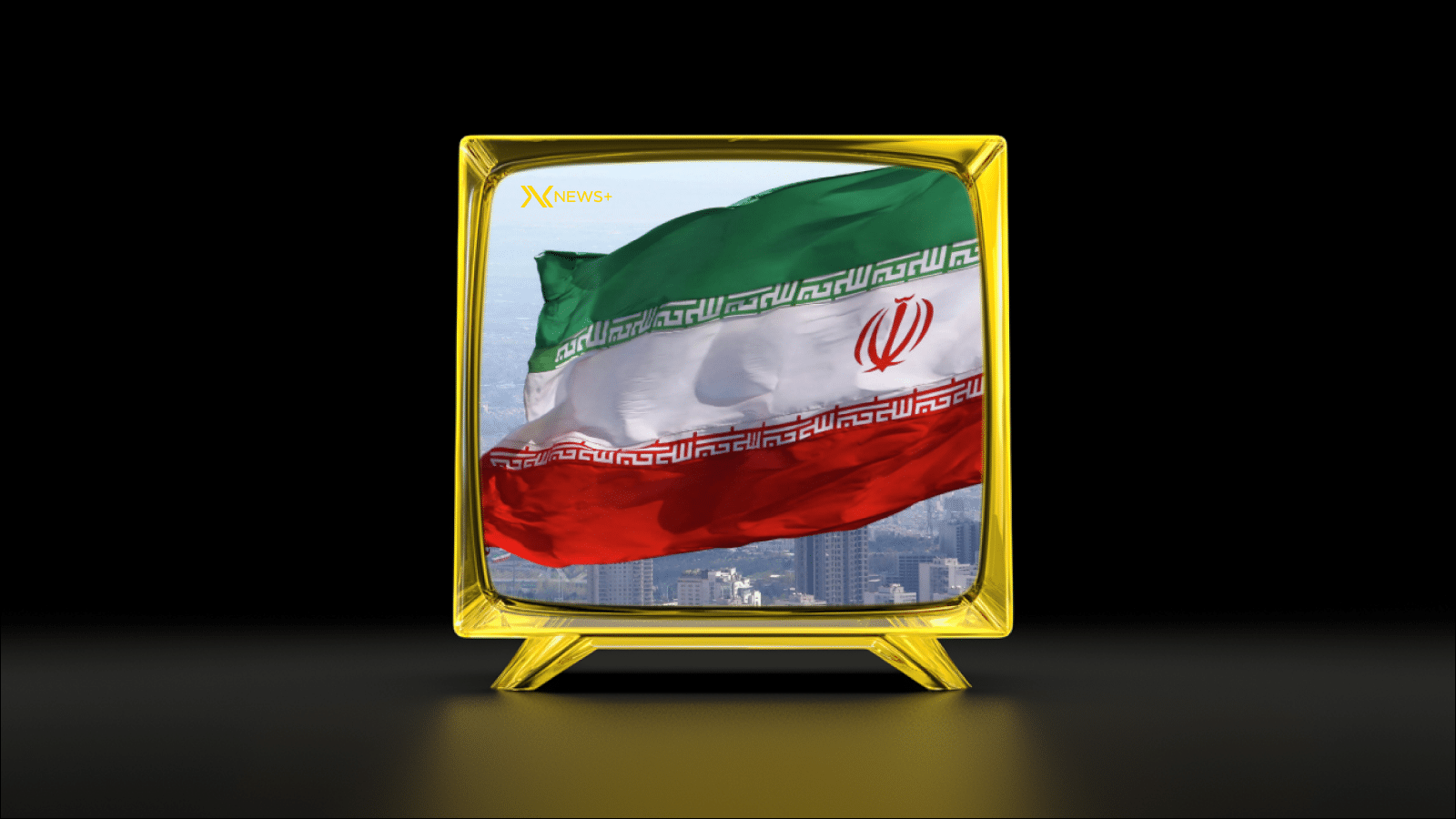The emergence of cryptocurrency has sparked a significant shift in the global financial landscape, prompting governments and institutions worldwide to reconsider their monetary frameworks. In this context, Iran Focuses on Cryptocurrency as it seeks to navigate the complexities of a rapidly evolving digital economy. This focus reflects Iran’s ambitions to leverage blockchain technology and decentralized currencies in a way that aligns with its economic goals while addressing domestic challenges.
As the nation grapples with various economic pressures, the regulation of cryptocurrencies is seen not just as a means of economic empowerment but also as a strategy to circumvent the restrictions imposed by international sanctions. This dual purpose underscores the urgency for Iran to formulate a coherent policy that balances innovation with stability. Regulatory measures could pave the way for a structured approach to cryptocurrency, promoting transparency and security within its digital financial ecosystem.
The adoption of cryptocurrency regulation has the potential to attract foreign investment, enhance financial inclusion, and create new revenue streams for the country. As Iran focuses its efforts on establishing a regulatory framework, it stands to gain insights from global best practices while navigating its unique socio-political landscape.
The road ahead is not without its challenges, as the nation must contend with technological barriers, awareness gaps among the populace, and the need for cooperation with international bodies. Nevertheless, with a clear intent to shape its digital economy, Iran’s strategic pivot towards cryptocurrency marks an important chapter in its economic evolution.
Iran’s Approach to Cryptocurrency Regulation
In recent years, Iran has been taking significant steps to establish a coherent framework for its cryptocurrency sector. The Iranian government recognizes that Iran Focuses on Cryptocurrency as a means to boost its economy, particularly in light of international sanctions that have impacted traditional financial pathways. By instituting regulations, Iran aims to legitimize digital currencies and foster a secure environment for investors.
One of the major strategies has been the creation of a regulatory body to oversee cryptocurrency activities and ensure compliance with national laws. This body is tasked with developing guidelines for exchanges, Initial Coin Offerings (ICOs), and other crypto-related businesses. This structured approach is essential for attracting both domestic and foreign investments, which could help revitalize the economy.
Additionally, Iran has been exploring the possibility of issuing its own central bank digital currency (CBDC). This move would not only allow for greater control over the national currency but also facilitate smoother transactions in the global cryptocurrency market. Such developments emphasize a proactive stance in adapting to the rapidly evolving landscape of digital finance.
Despite these advancements, challenges remain. The balance between innovation and regulatory oversight must be achieved to ensure that the crypto market can thrive without falling victim to fraud and other risks. Nevertheless, Iran Focuses on Cryptocurrency reflects a determined effort by the country to embrace the digital economy and safeguard its financial future.
The significance of cryptocurrency in Iran has surged recently, leading to a pivotal moment for policymakers. As Iran Focuses on Cryptocurrency regulations, it is crucial to highlight the unique economic landscape faced by the nation. The Iranian economy has been significantly impacted by traditional financial sanctions, which have pushed individuals and businesses to explore alternative financial avenues. Thus, the adoption of cryptocurrency has emerged as a viable solution for circumventing restrictions and facilitating cross-border transactions.
Moreover, the high inflation rate and devaluation of the national currency have driven more Iranians toward digital assets as a store of value. This growing acceptance among the populace signals a shift in how financial transactions are conducted within the country. The increasing interest in mining operations, bolstered by Iran’s abundant energy resources, also plays a crucial role in the overall cryptocurrency ecosystem.
Additionally, youth and tech-savvy individuals are leading the charge in embracing digital currencies, recognizing their potential for innovation and investment. This demographic shift is instrumental in shaping the dialogue around cryptocurrency, as they seek to harness digital tools for financial empowerment. In this context, the urgency behind Iran Focuses on Cryptocurrency regulations becomes clear, as the government must strike a balance between fostering innovation and controlling potential risks associated with the burgeoning digital economy.
These factors create a perfect storm of interest and necessity, driving the Iranian government to solidify its stance on cryptocurrency amidst a volatile global financial landscape. The regulatory framework being developed will undoubtedly impact not only local users but also international stakeholders looking to engage with a rapidly evolving digital asset market in Iran.
One of the significant challenges facing Iran’s efforts to regulate cryptocurrency is the lack of clear legal frameworks. The current ambiguity leaves businesses and investors unsure about compliance requirements, which can stifle innovation and investment in the nascent digital economy. Additionally, the decentralized nature of cryptocurrencies makes it difficult for the Iranian government to implement oversight, as transactions can easily bypass traditional financial monitoring systems.
Moreover, the geopolitical climate poses a hurdle for Iranian regulators. Sanctions imposed on Iran can deter foreign investment and collaboration, limiting access to the global cryptocurrency market. This isolation can hinder the development of a robust regulatory framework that is essential for fostering a healthy crypto ecosystem.
The educational gap also presents a challenge. There is a significant need for widespread understanding of blockchain technology and cryptocurrency among policymakers and the public. Without adequate knowledge, regulatory bodies may implement measures that are either too strict, stifling growth, or too lax, aggravating risks and vulnerabilities associated with cryptocurrency.
The technical infrastructure of Iran may not be fully equipped to handle the rapid advancements in the cryptocurrency sector. This lack of robust technology can pose issues in tracking and monitoring digital assets, further complicating the government’s efforts as it focuses on cryptocurrency regulations.
Global Implications of Iran’s Crypto Policies
The shift in Iran’s stance on cryptocurrency regulation holds significant implications not only for its own economy but also for the global financial landscape. As Iran focuses on cryptocurrency to harness its potential, the ripple effects may impact neighboring countries and the broader international community.
Firstly, Iran’s regulatory framework may set a precedent for other nations in similar geopolitical situations. Countries facing economic sanctions or restrictions may observe Iran’s strategies and adapt their own policies to leverage cryptocurrencies for financial transactions that bypass traditional banking systems. This could result in a more decentralized global economy, where state actors might favor digital currencies to evade conventional financial limitations.
Furthermore, as Iran strengthens its cryptocurrency regulations, it may attract foreign investments interested in exploring the potential of digital assets within a regulated environment. This influx of investment could encourage neighboring countries to rethink their own regulations to remain competitive, leading to a regional crypto ecosystem that challenges Western-dominated financial systems.
Additionally, Iran’s advancements in cryptocurrency technology could lead to collaborations with other nations exploring blockchain innovations. This international exchange may foster technological advancements that enhance security, transparency, and efficiency in financial transactions, further integrating cryptocurrencies into global financial practices.
However, these developments also raise concerns, especially around compliance with international laws and regulations. The possibility of Iran facilitating illicit financial activities using cryptocurrencies might prompt a global backlash, driving countries to enforce stricter measures against crypto operations associated with Iranian entities.
As Iran focuses on cryptocurrency regulation, the implications extend far beyond its borders. The evolution of its crypto policies could serve as a catalyst for change in how countries perceive and interact with digital currencies, fostering a reshaped global economy reflective of a more fragmented financial landscape.
In discussing sensitive topics such as cryptocurrency regulations in Iran, it is essential to note that the information provided in this article is for informational purposes only. The evolving landscape of cryptocurrency is dynamic, and the laws and regulations can change rapidly. Readers are encouraged to conduct their own research and consult with legal or financial experts before making any decisions based on the information presented here.
The article explores significant developments surrounding the theme of Iran Focuses on Cryptocurrency, but it does not constitute legal, financial, or investment advice. While efforts have been made to ensure the accuracy of the content, the author and publisher cannot guarantee that the information is comprehensive or up-to-date.
Furthermore, the situation in Iran is unique and complex, influenced by various political and economic factors. Those interested in Iran’s approach to digital currency should remain aware of ongoing changes and regional implications that may arise. Always verify any regulatory status or market conditions with reliable sources.
While this piece provides insights into Iran’s cryptocurrency framework, readers should approach the discussed topics with caution. The world of cryptocurrencies is fraught with uncertainties, and discrepancies in regulations can occur. Stay informed and take proactive steps to safeguard your investments and understand the legal ramifications in your jurisdiction.
Conclusion
As Iran focuses on cryptocurrency regulations, the nation is poised to redefine its economic landscape amidst global digital financial trends. The proactive steps taken by Iranian authorities to establish a regulatory framework for cryptocurrencies reflect a recognition of their potential impact on both the domestic economy and international relations.
While there are significant challenges to overcome, including technological, legal, and geopolitical factors, the Iranian government’s commitment to fostering a secure and robust cryptocurrency environment signifies a strategic pivot toward modernizing its economy. This approach not only aims to capitalize on the benefits of digital currencies but also seeks to address concerns relating to security and compliance.
As the world watches, Iran’s evolving stance may offer valuable insights into how other nations can balance innovation and regulation in the rapidly changing landscape of digital finance.
Frequently Asked Questions
What recent actions has Iran taken regarding cryptocurrency regulations?
Iran has initiated efforts to regulate cryptocurrency activities to enhance oversight and control within the digital economy.
Why is Iran focusing on cryptocurrency regulations?
Iran aims to create a structured framework for digital assets, promote economic stability, and prevent illegal activities associated with unregulated cryptocurrencies.
How do these regulations impact cryptocurrency mining in Iran?
The regulations will likely impose guidelines and potentially licensing requirements for cryptocurrency mining, ensuring it aligns with national interests and energy consumption policies.
What are the potential benefits of regulated cryptocurrency in Iran?
Regulated cryptocurrency can boost investment, foster innovation, provide consumer protection, and integrate the digital economy into the mainstream financial system.
What challenges could Iran face in implementing these regulations?
Challenges may include resistance from the crypto community, the need for technological infrastructure, and ensuring compliance among users and miners.
How do cryptocurrency regulations in Iran compare with other countries?
While many countries are also working on regulations, Iran’s approach may be unique due to its specific economic conditions and the need to address issues like sanctions and energy resources.
What role do citizens play in the future of cryptocurrency regulations in Iran?
Citizens will need to adapt to new regulations and actively participate in discussions on how such laws will shape their use of cryptocurrencies and impact the economy.





